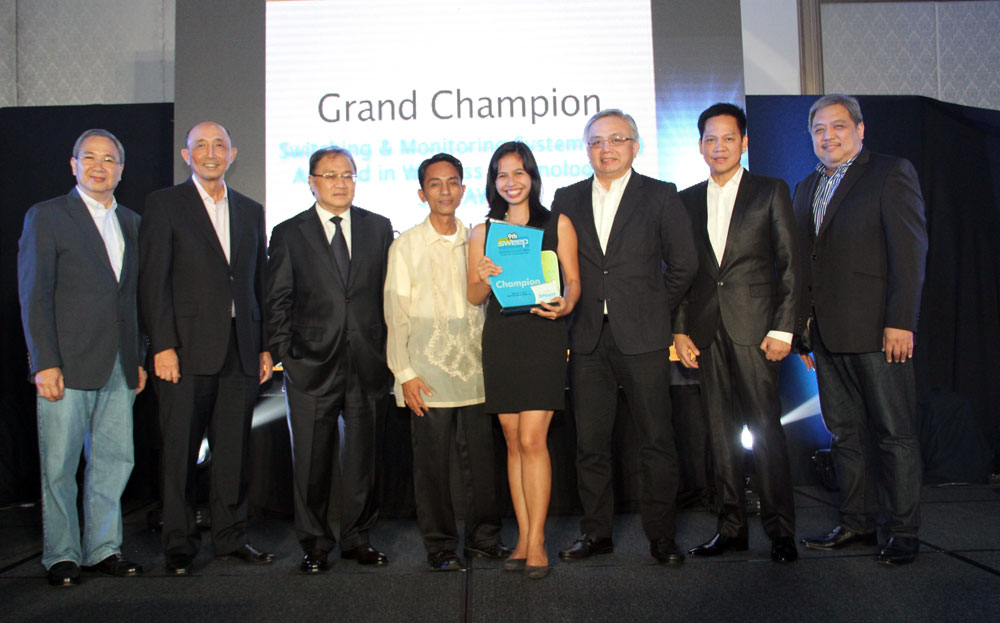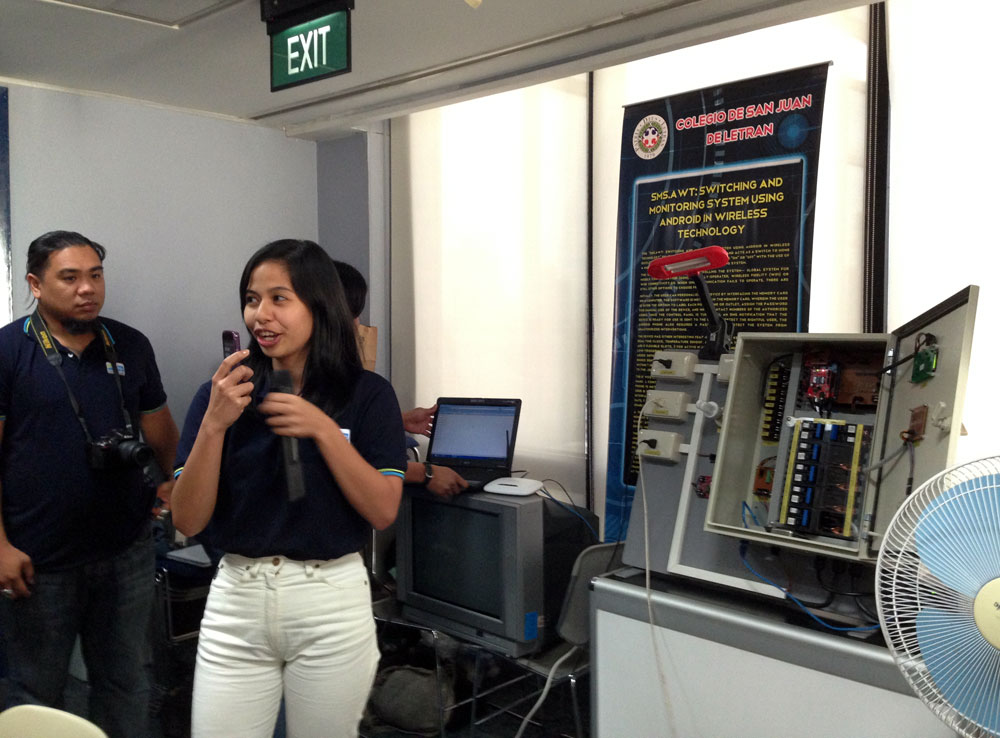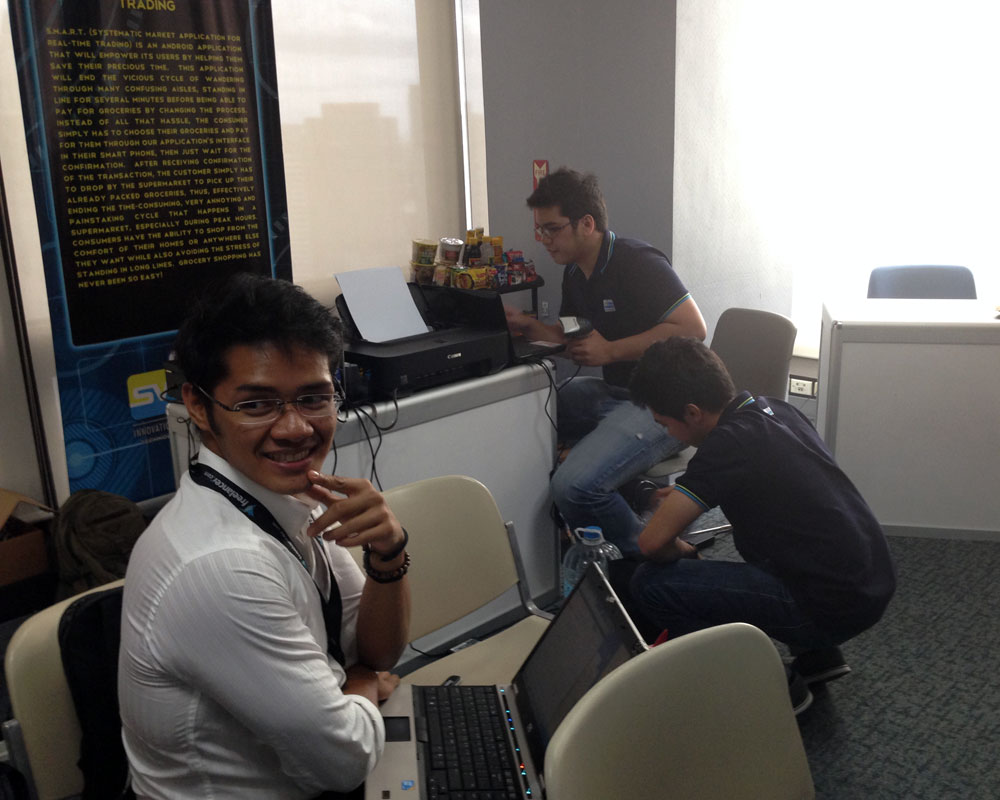Excerpts from the speech of Mr. Manuel V. Pangilinan
US-Asia Technology Management Center, School of Engineering
Stanford University
I would like to speak to you for a few minutes today, to introduce First Pacific and share our views about our part of the world – Southeast Asia or ASEAN, and the investment prospects there.
First Pacific is an investment management and holding company located in one of the fastest growing regions of the world. But we are not passive investors, like most private equity firms. We take an affirmative role in the management of our companies – principally in its strategic direction and financial affairs. We’re focused on delivering returns to our shareholders by participating in the economic growth of the countries we invest in. Our area is Asia, particularly ASEAN.
We concentrate on four businesses where we have experience, expertise and relationships – telecommunications, infrastructure, food/consumer and natural resources. We are confident that these businesses will see strong growth over the medium to long term.
The Innovation Imperative
So – why are we all here—about 50 of us—in Silicon Valley? More fundamentally, who is First Pacific? Put differently, what is our software?
We all know change is difficult for any organization. But for First Pacific – change is not only necessary – it is critical to our survival.
We conduct our business in a Darwinian landscape – we believe that no privilege or protection attaches to the most successful player like PLDT. Instead, to maintain our competitive advantage we are compelled to innovate continually. I believe there is no other way to get ahead and stay ahead than to innovate continuously, and be a leader in innovation.
In the world of telecoms, for example, a Darwinian evolution is taking place. Out of the turbulence in today’s technology, new environmental conditions are emerging, forcing companies to redefine themselves in order to endure. PLDT, the biggest telco in the Philippines is no exception to this phenomenon.
The imperative of innovation – that is why we’re here at the innovation capital of the world, Silicon Valley – to learn and be instructed.
Innovation starts and ends with our people. We engage people who can create the best products and services. Our people work hard. Nights, weekends, and holidays, sometimes not seeing their families for protracted periods, to ensure that a new product offering is just right in some corner of our business, or to confirm that whatever service we’re presenting is the best it can be. We know our competition is innovating too. In telecoms, for example, we create and develop killer applications like e-Load and Pasaload and newer initiatives such as mobile TV – already here today – and sending money simply with a text message, which we intend to roll out soon. This will transform the lives of millions of Filipinos working abroad who currently send money back home with difficulty and expense.
Let me turn now to the group that i am fortunate to lead.
The First Pacific Culture: Who We Are
First Pacific was founded in 1981 – 32 years ago. We started as a finance company which was listed in the most obscure of 4 stock exchanges in Hong Kong then. We started with 6 people – including myself and the tea lady on 50 square meters with equity of about US$500,000.
Now, our manpower complement number about 147,000 officers and employees. Our investment portfolio is now worth about us US$40.0 billion. First Pacific’s latest market cap is in the order of US$5.0 billion.
We are an open and transparent group—that’s because information is most powerful and productive once disseminated. Conversely, information hoarded may lead to power abused. Our ability to communicate is important to us: we don’t like surprises.
We like an open and honest style. Openness breeds fresh ideas and enables our organization to renew its vigor when needed. Promote an open and honest style. Openness breeds fresh ideas and enables our organization to renew its vigor when needed. Openness also encourages accountability, and greater personal responsibility.
We are group which has consistently held high aspirations for our businesses, tempered by a realistic approach to the issues that confront them. We are idealists without any illusions. At First Pacific, we’ve adopted a 3-step formula in dealing with problems: first, recognize and accept there is a problem; second, develop options; third, just do it. It is a formula we apply across the ASEAN’s broad and diverse range of political, cultural, social, and business ecosystems.
First Pacific believes in old-fashioned values, values that transcend and endure well beyond the context and circumstances of our time.Those principles are as fundamental as being honest and truthful – especially with yourself. Being diligent, committed, and hard-working will also serve you well long-term. In Asia, it is sometimes not so easy to find these principles operative.
The growth of any institution – especially a corporation – cannot be sustained without the commitment, talent and industry of its people. That’s why it is always our aim to create a team of the best people available to manage our businesses. After all, quality decisions are made by quality people.
As an important corollary, we make our managers, owners of their businesses because as managers and investors, their interests are aligned with shareholders, committing them more to the company’s success.Although our form is corporate, our attitude is collegial.
We operate mainly in emerging markets. The challenge to management is to create a corporate culture that encourages and rewards integrity as much as entrepreneurship. Integrity sometimes can be put to pressure in our part of the world. Management – especially the CEO – must not only be exemplary stewards of corporate assets, they must also serve as the moral compass of the company.
The best insurance against the perils of crossing the ethical divide is transparency. A CEO must actively encourage his team to be open and truthful in their decision-making processes and in their internal and public disclosures, which we strive to benchmark to international standards. Further, transparency equips our publics – especially our shareholders – better to assess performance.
Finally, beyond the maxim that corporations exist principally to provide goods and services at a profit, we believe that business must engage society. We stand for “corporate activism” – a proactive participation by business in ameliorating poverty. That’s why we’re very active in social work. Social engagement keeps us in tune with the rhythm and pulse of the society around us. And a prime example of this is Meralco, our power company. Since electricity bills are a major and therefore, sensitive consumer item, Meralco strives to explain its power bills, and on the whole strives to identifying itself with the community it serves.
Over the course of time, First Pacific will continue to evolve, and staff and management will come and go in a corporate culture constantly in flux. What will remain is what makes First Pacific succeed, and that’s our integrity. Our entrepreneurship. And our passion.
Again, thank you so much for receiving us tonight. Maraming salamat. Mabuhay kayong lahat sa Stanford.


